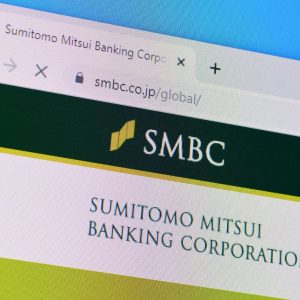FINRA said that during March to June 2008, UBS, while selling the 100% principal-protection notes, failed to emphasize that the issued notes were unsecured, meaning that payment was not guaranteed.
Lehman eventually filed for bankruptcy in September 2008.
The US regulator said that it found that UBS failed to emphasize that the principal protection feature of the Lehman-issued PPNs was subject to issuer credit risk and financial advisors of the UBS failed to advise on the potential effect of the widening of credit default swap spreads on Lehman’s financial strength.
It said UBS also failed to establish an adequate monitory system for the sale of the Lehman-issued PPNs, and failed in providing the proper training and written supervisory policies and procedures.
The regulator added that certain advertising materials had the effect of misleading customers regarding the characteristics and risks of the PPNs, including the nature, scope and limitations of the 100% Principal-Protection Notes.
According to the FINRA, the materials suggested that a return of principal was guaranteed if customers held the product to maturity; however, UBS did not adequately address the importance that credit risk could result in loss of principal.
FINRA executive vice president and chief of Enforcement Brad Bennett said in cases, UBS’ financial advisors did not even understand the complex products they were selling, and as a result, they neglected to disclose necessary information to customers about the issuer’s credit risk so investors would understand the magnitude of the potential losses.






